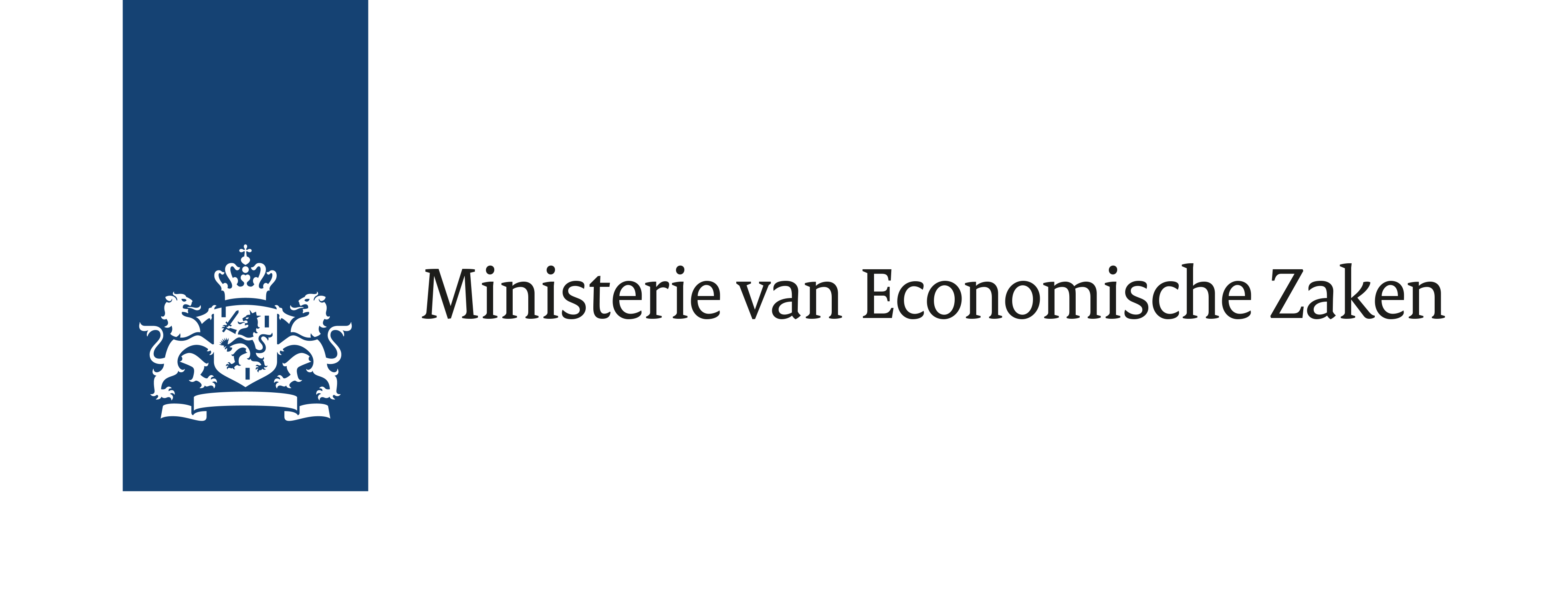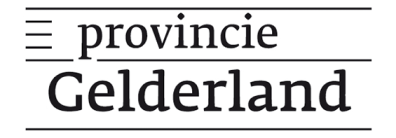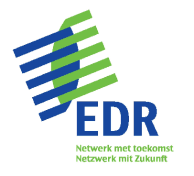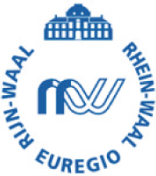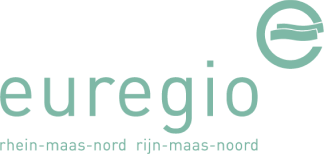Kleve District leads NRW in traffic fatalities (WDR, 2024). The number of serious accidents has increased: in 2024, 21 people died in traffic incidents in the Kleve District, and 34 were injured in just one weekend. These situations require immediate medical attention, which is not always available locally. Effective collaboration across the care chain is essential.
The same applies to other complex emergencies, such as strokes and heart attacks, which account for approximately 250 and 425 deaths per year in the Kleve District. These acute conditions demand cross-sectoral cooperation—regardless of borders. In the border region of Gelderland-South and Kleve District, the national border remains a barrier. A structured approach is lacking, even though life-threatening situations often require improvised cross-border cooperation between Dutch and German emergency services. In 2024, German ambulances were dispatched 325 times to Radboudumc, and more patients were transferred from St. Antonius Hospital Kleve to Radboudumc for acute, complex care. The absence of structured collaboration leads to dangerous delays—posing a risk to patients and straining the healthcare system as a whole.
The ICEC project enables structured cross-border collaboration, improving care quality, increasing patient survival, and relieving pressure on healthcare systems on both sides of the border. The coordinated care agreements, detailed protocols, and trained staff result in a visibly well-functioning cross-border acute care system for approximately 500 cross-border patient transfers per year. This forms the foundation for optimal collaboration in acute care—now and in the future.

